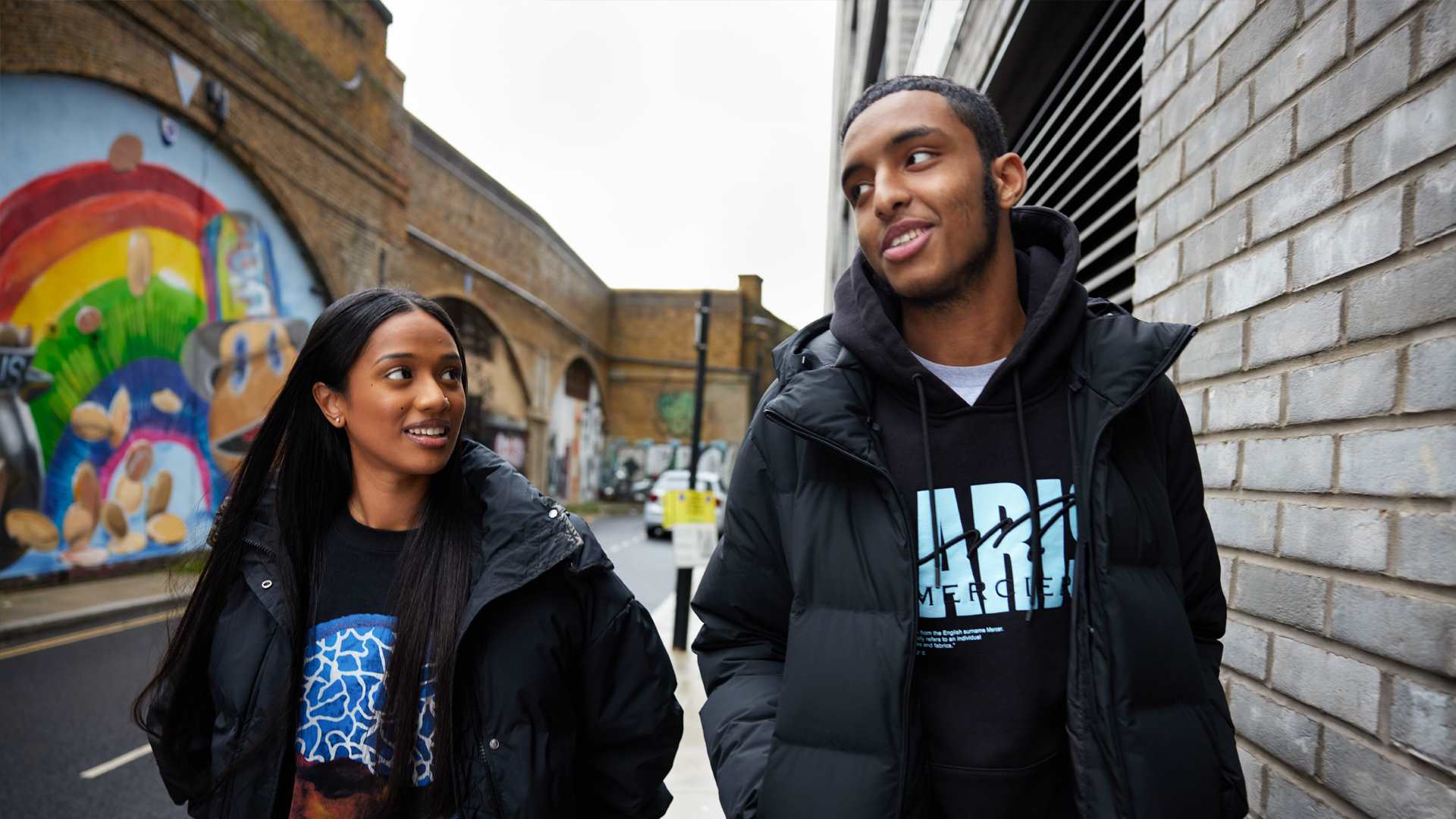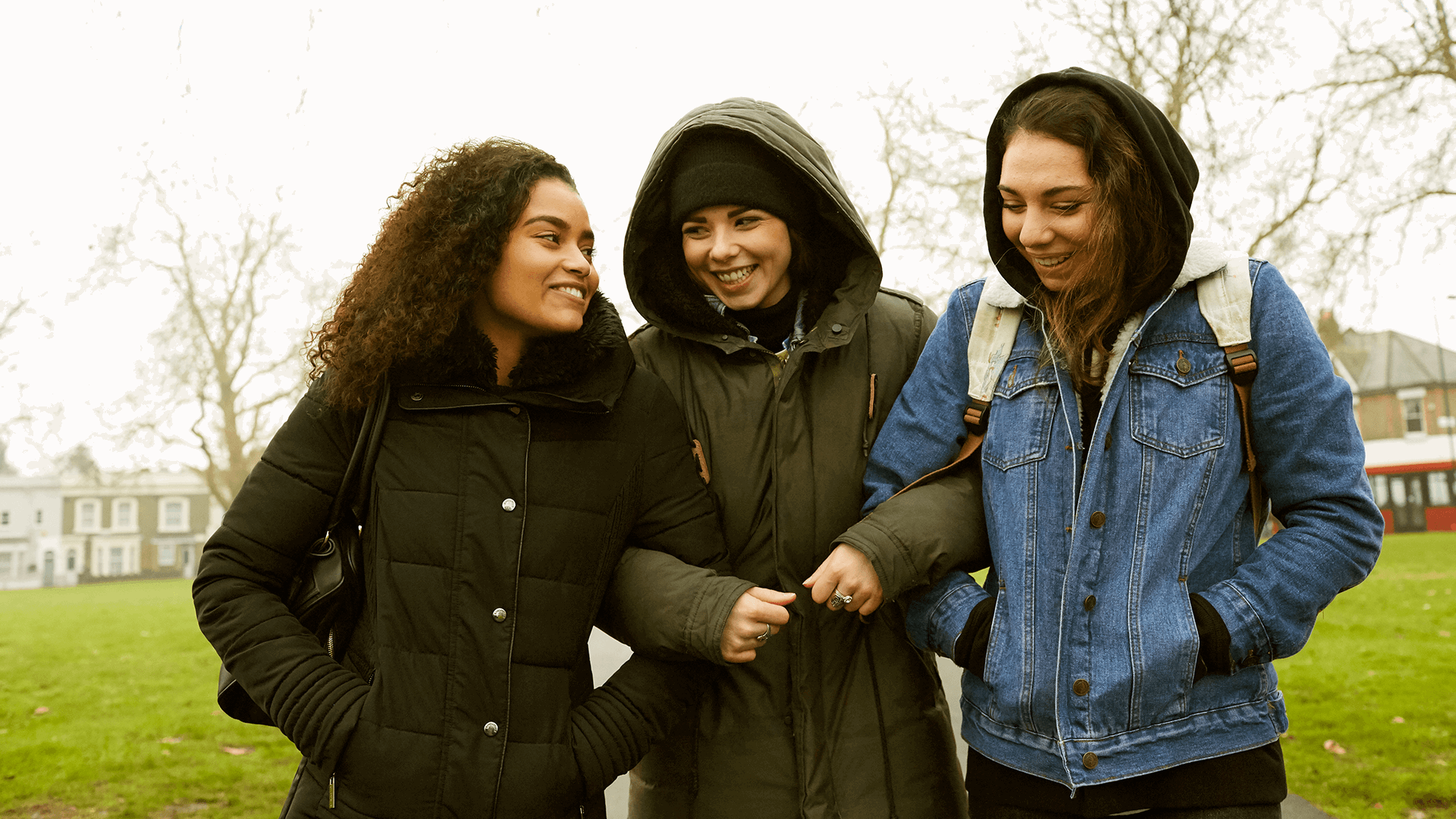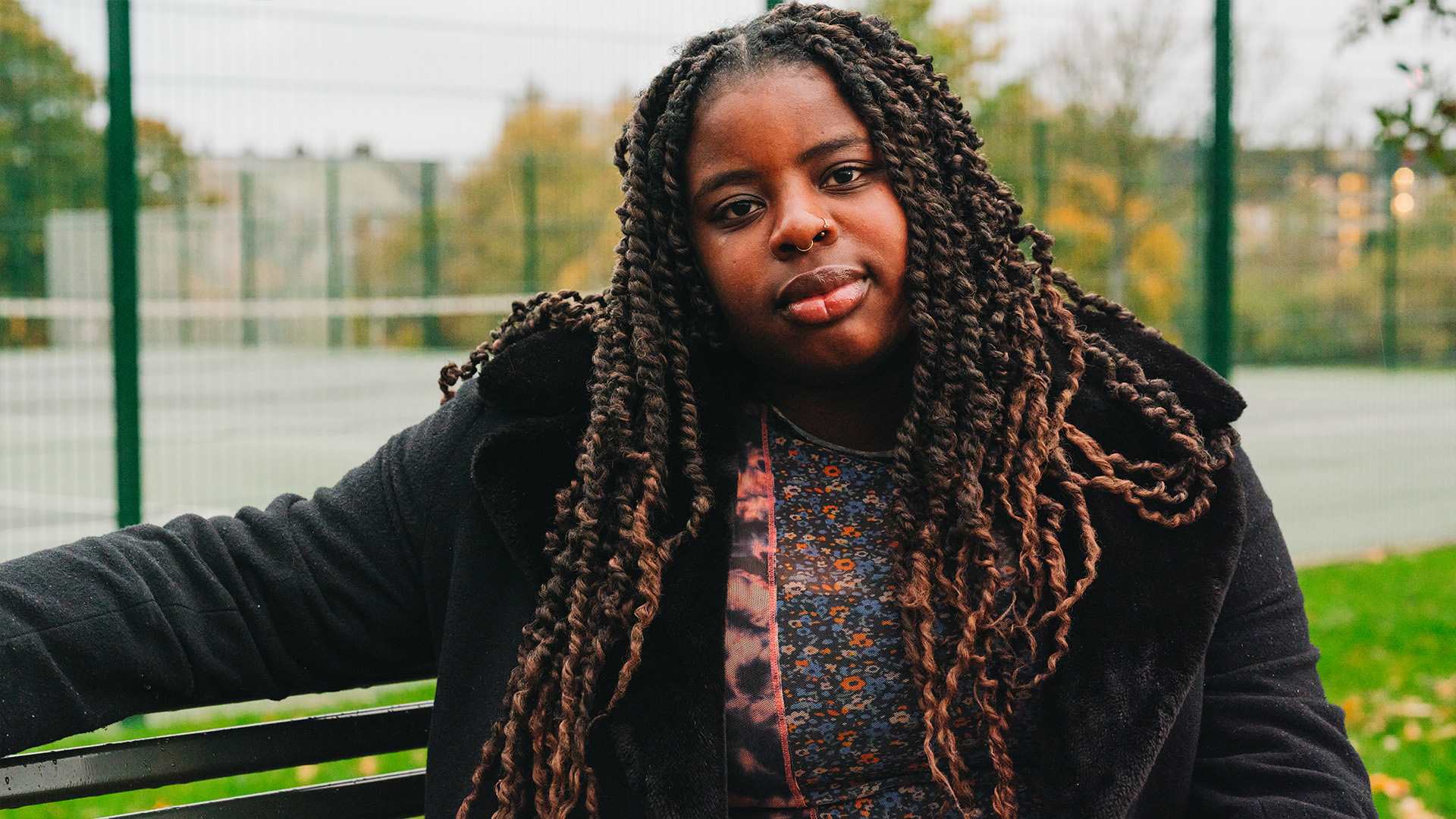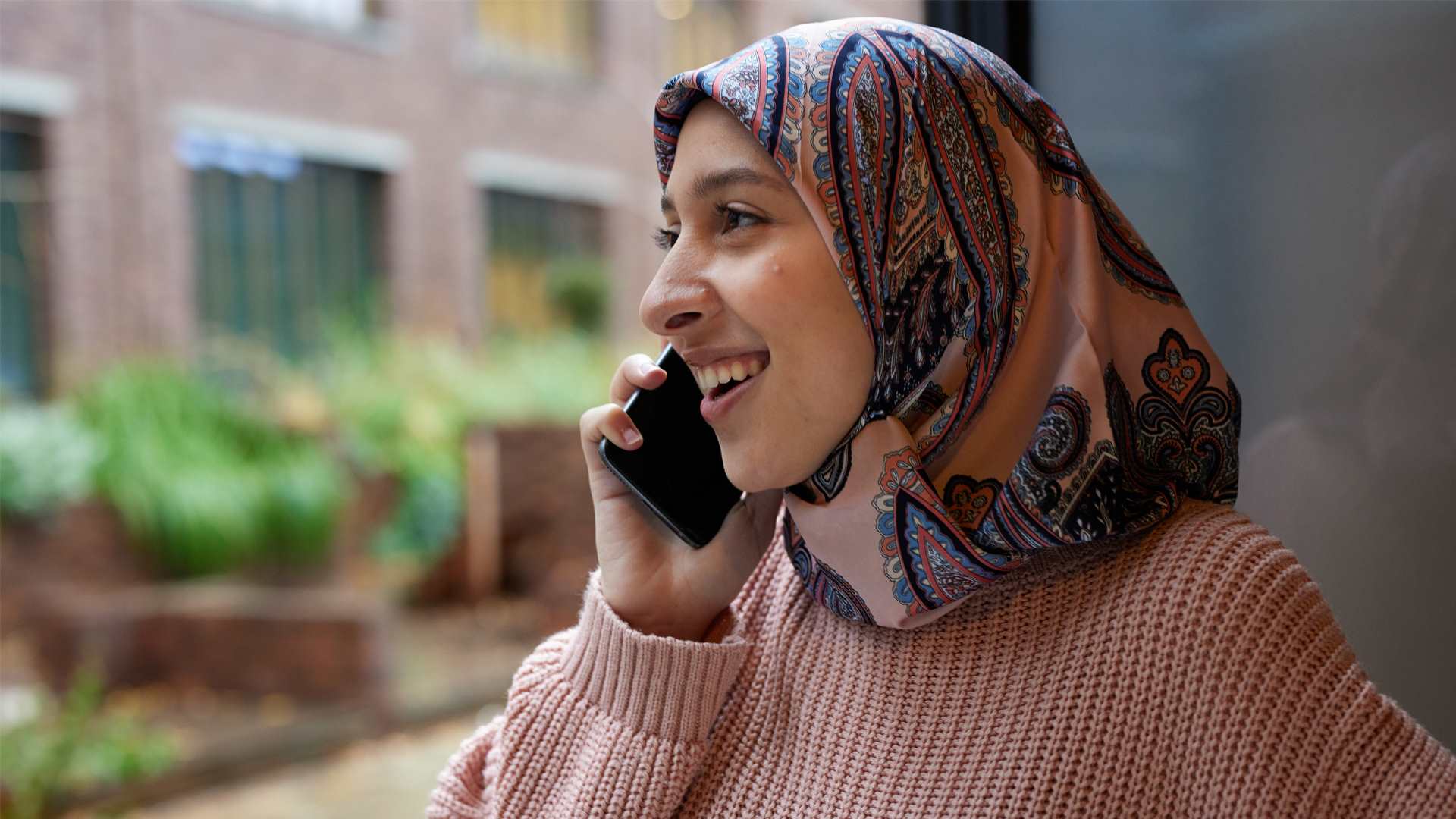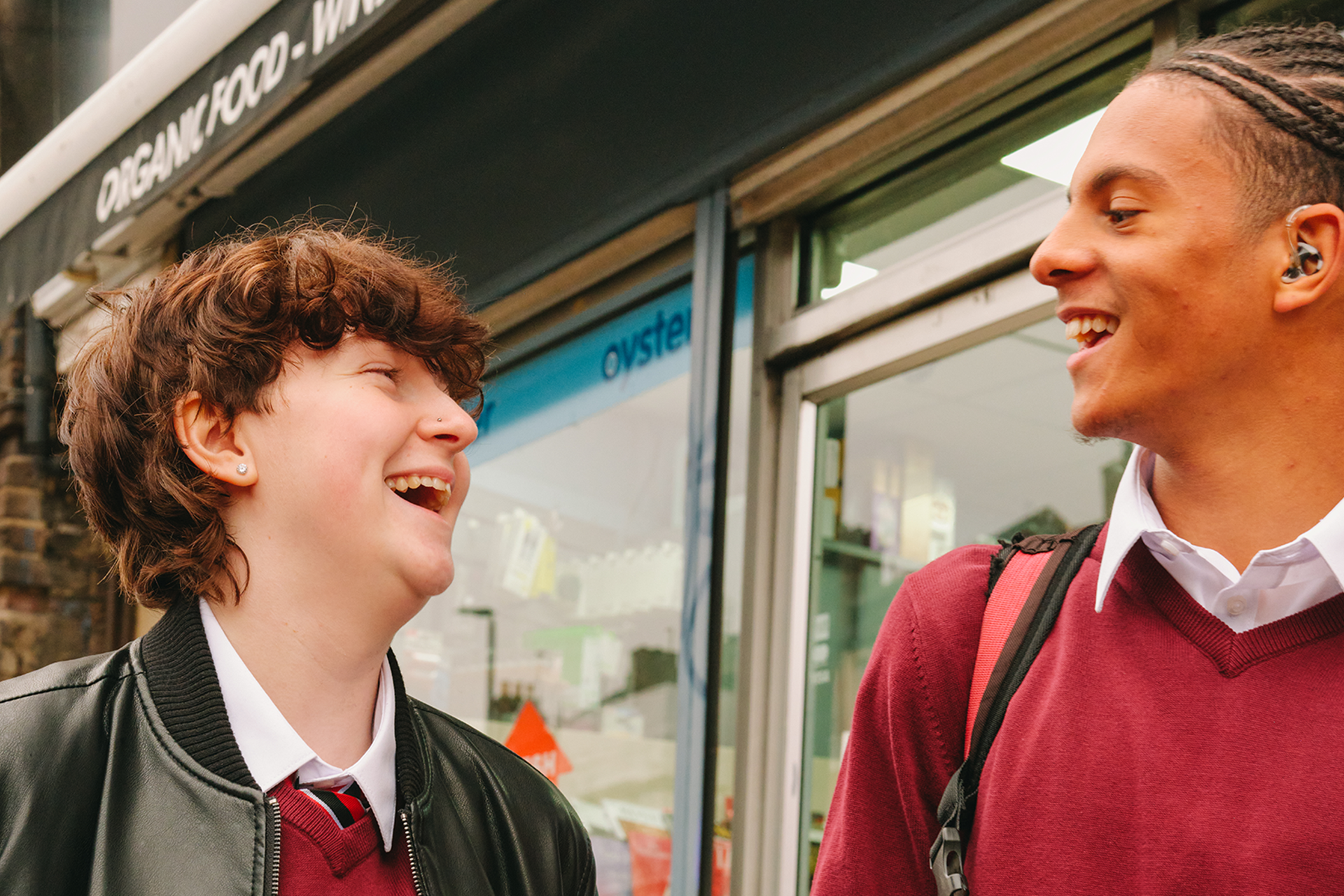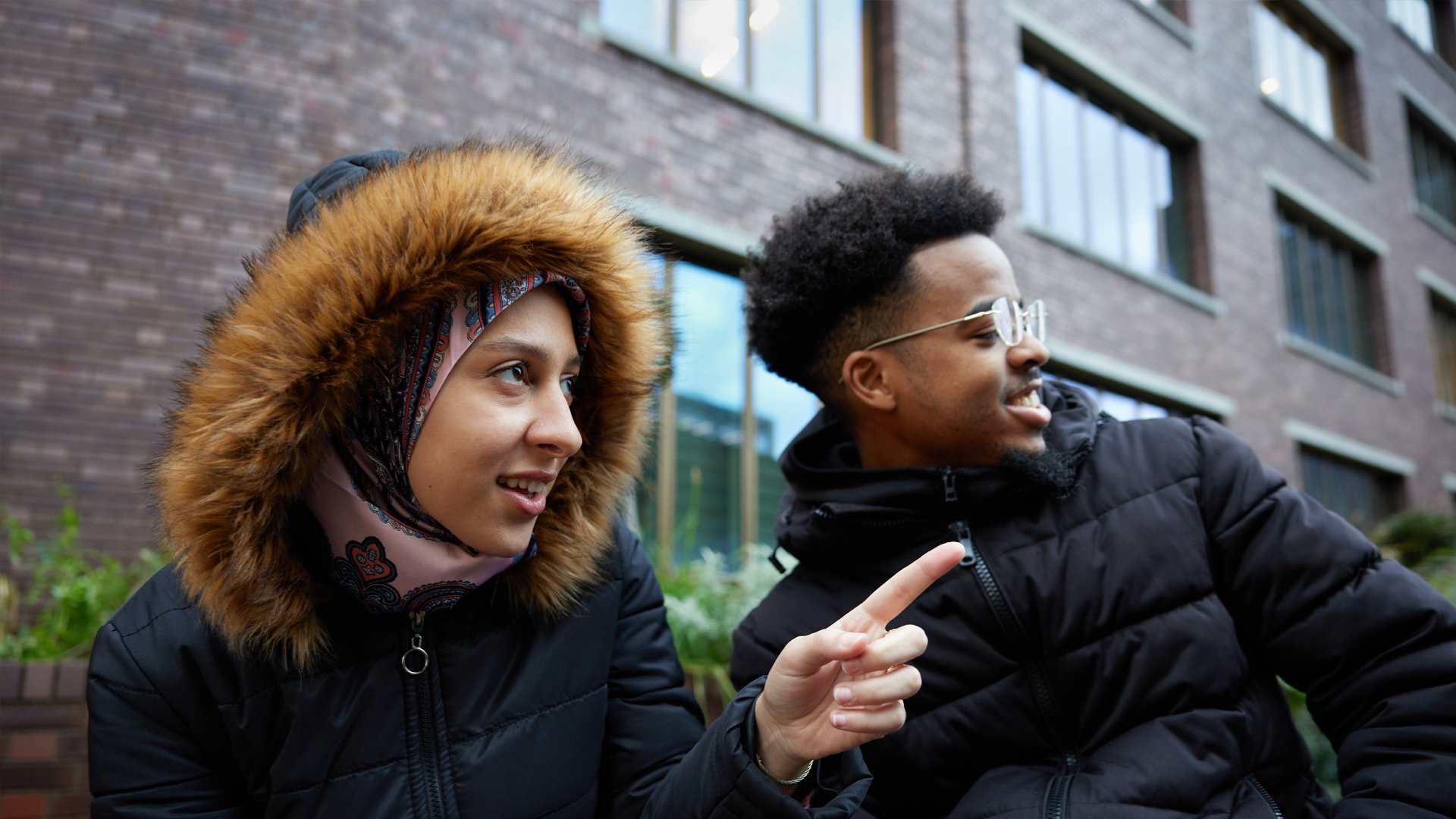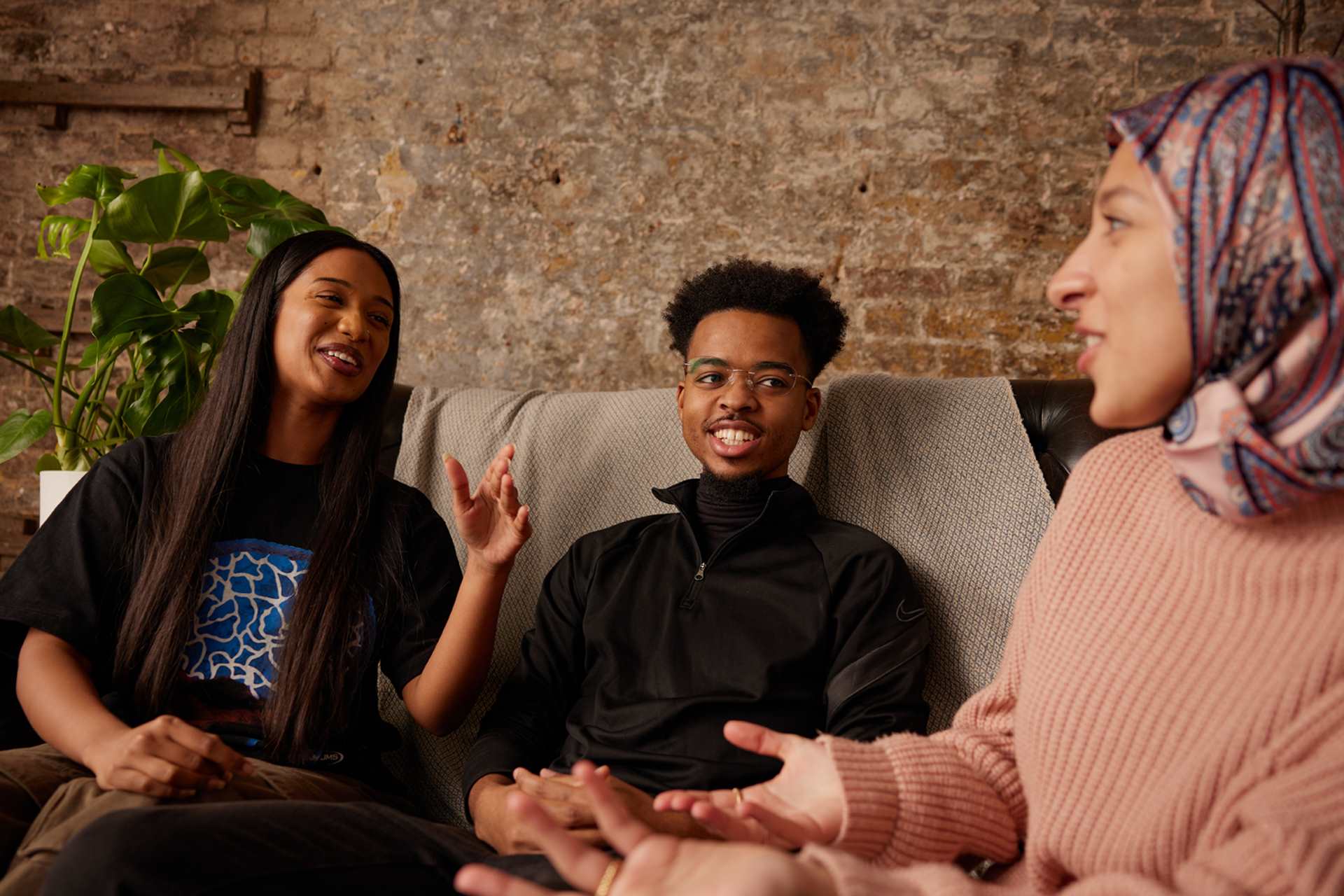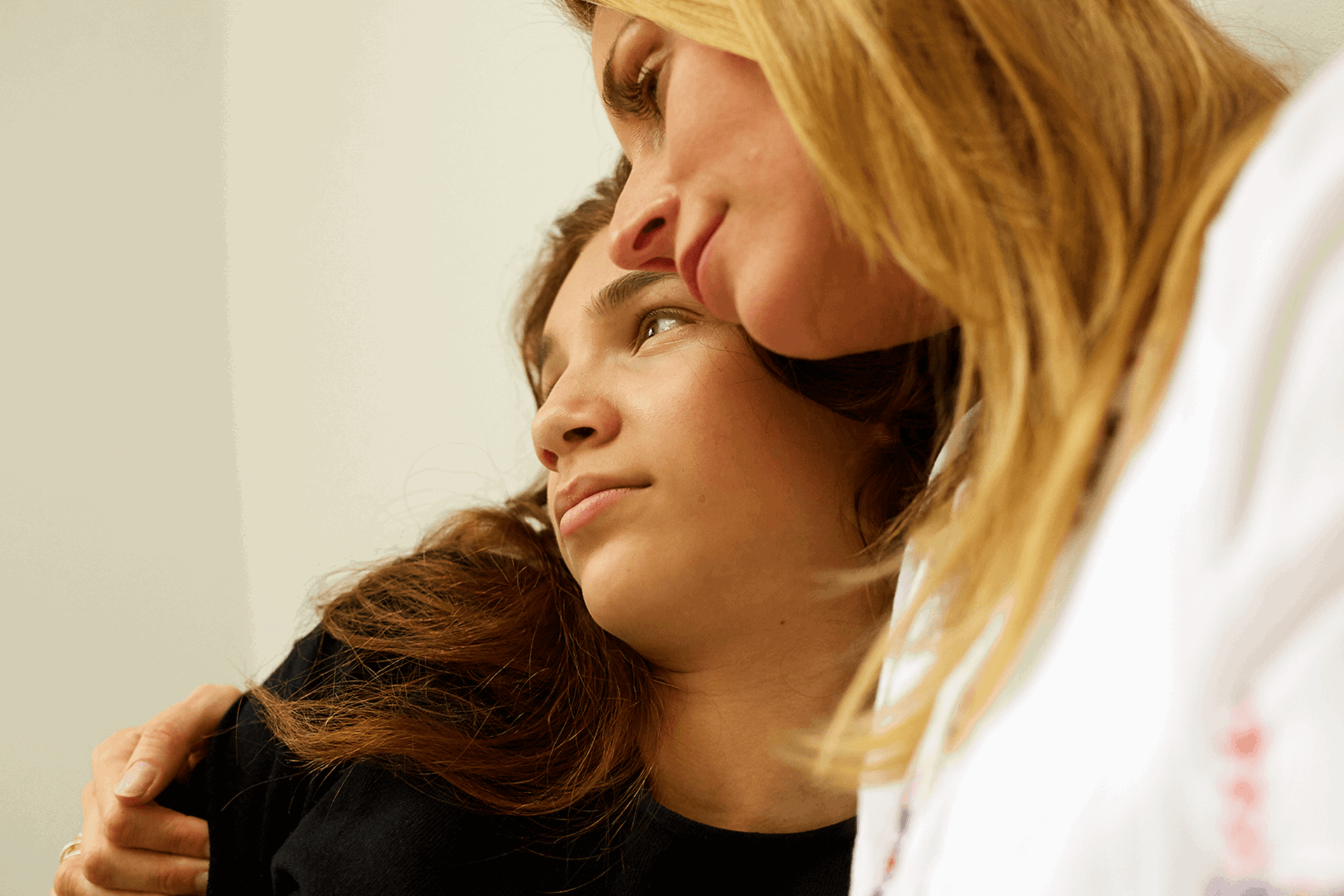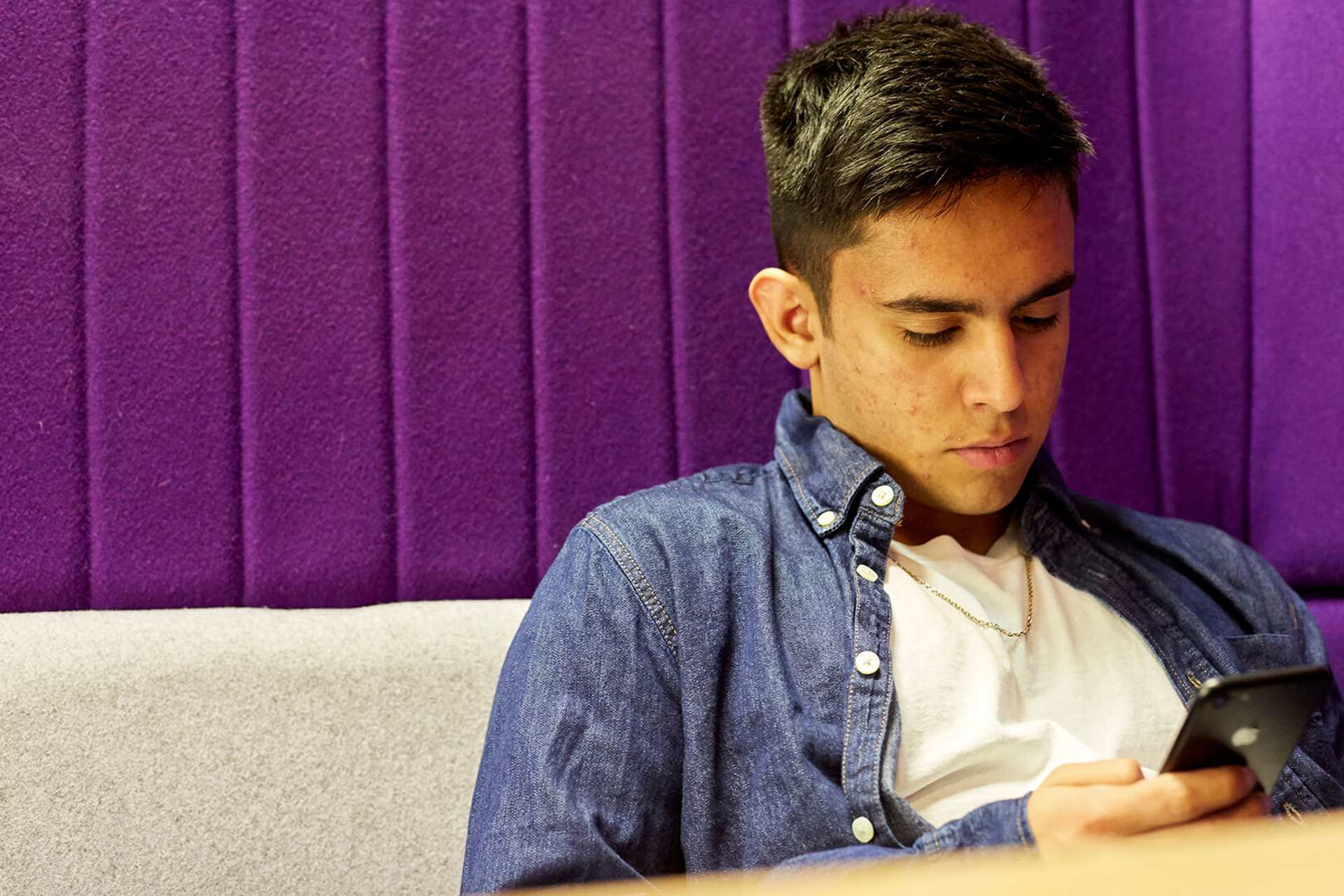Relationships can be exciting – they can bring fun, connection and a sense of safety and support. But they can also be confusing or tough at times. Whether you’re in a relationship, thinking about starting one, or just figuring out how you feel about dating, it’s completely normal to have questions or feel unsure.
As you get older, there can be a lot of pressure to date. You might feel like it’s something you’re meant to be doing. That pressure can make you feel confused or even bad about yourself, especially if it’s not something you want right now.
But the truth is, there’s no one way to do relationships. Some people want romance or sex. Some don’t. Some love being in a relationship. Others don’t feel ready or aren’t interested at all. Some people choose to be with one partner, while others explore open or non-monogamous relationships. Some find love young. Others much later.
All of these experiences are valid.
No matter where you’re at with relationships and dating, this guide is here to help you make sense of it all and figure out what feels right for you.
